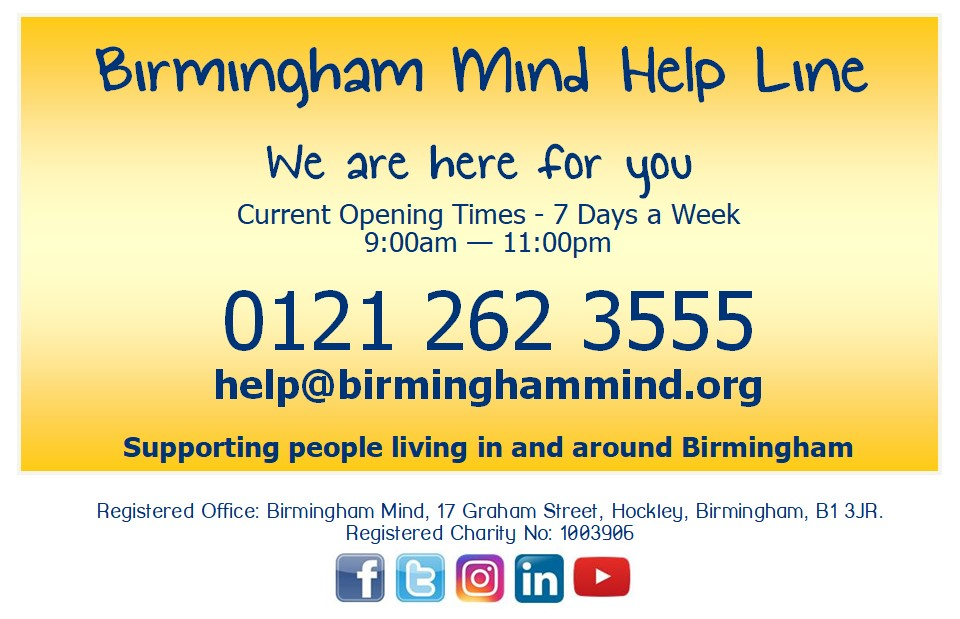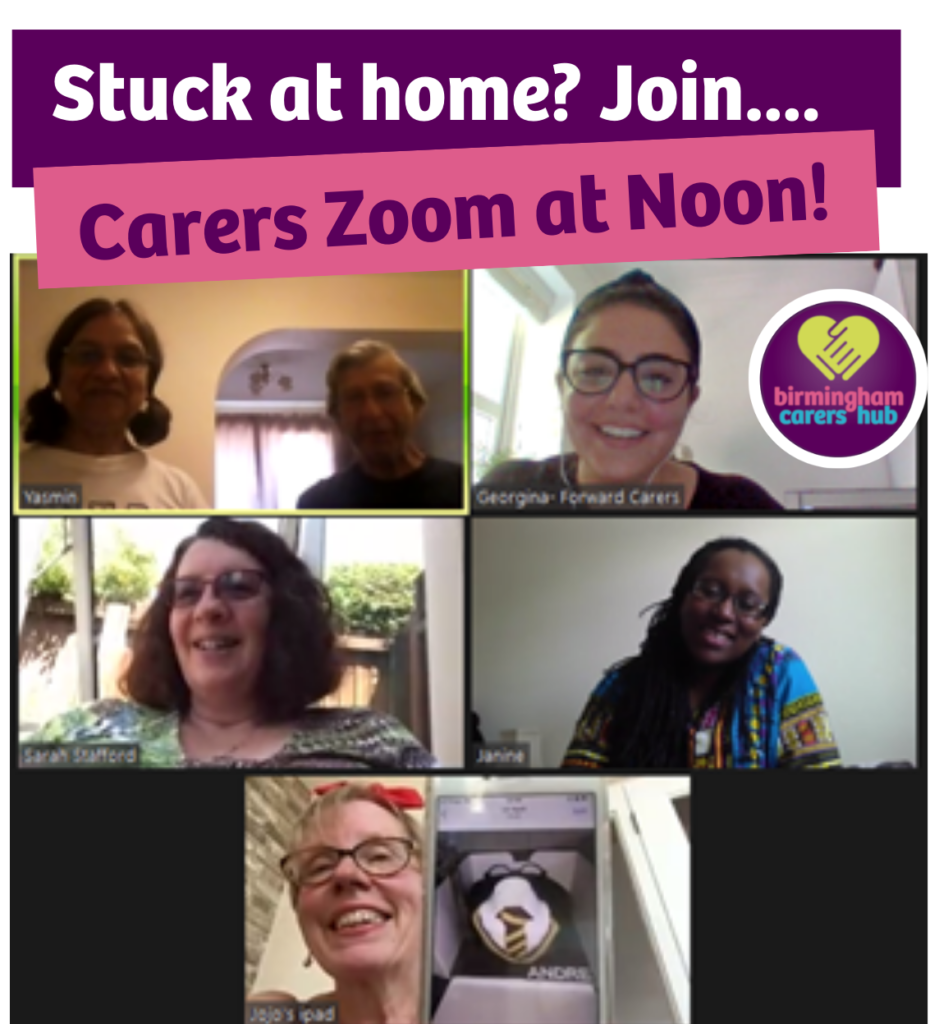Help and contact information for families.

![]() Birmingham Local Authority Advice Page
Birmingham Local Authority Advice Page
Please click below to download the consent form for Medication
As a children centre we currently are supporting families to claim the Household Grant Form £150 across Erdington and Sutton Coldfield.
We offer healthy start vitamins and healthy start applications to claim, this is for pregnant mothers and children up to the age of 4 years old.
Important Numbers.
If you are in self isolation and in need of urgent assistance, these key numbers will be able to support you.
- School – 0121 373 4475
- Family Support Office (Ann Lucas) – 01213064802
- Special School Nursing Service – 0121 466 4270 or 0121 465 2622
- Police – 999 – 101
- NHS – 111
- Social Service – 0121 303 1888
- Social Service (Emergency out of hours) – 0121 675 4806
- Special Educational Needs and Disability Independent Advice and Support Service – 0121 303 5004
SENDIASS
SENDIASS is a frontline statutory service that is here to advise on all aspects of Education, Health & Social Care needs relating to special educational needs & disability.
If you need assistance with devices for home learning please get in touch with the school via weduc or using our phone number to discuss your difficulties.
If you need help with the internet you can apply for additional data allowance with your provider here:
https://get-help-with-tech.education.gov.uk/about-increasing-mobile-data
Housing Support
If you need support with filling in housing forms, please contact
Citizens Advice
Telephone number 03444771010
168 Corporation Street,
Birmingham
B4 6TF
Important Links
The NHS Every Mind Matters with helpful advice and free apps
https://www.nhs.uk/oneyou/every-mind-matters/coronavirus-covid-19-staying-at-home-tips/
Samaritans
https://www.samaritans.org/how-we-can-help/contact-samaritan/
Headspace – which is free for all of us in Education
https://www.mind.org.uk/information-support/guides-to-support-and-services/crisis-services/helplines-listening-services/
EduSafe – Parents & Carers
https://www.educare.co.uk/edusafe-pc
Mental Wellness, home working and social distancing
Research shows a period of uncertainty and a lack of control in our daily lives can lead to increased anxiety.
In times like this, it’s essential we support one another and show compassion to those who need it. This is a shared experience that’s stressful for everyone – and we don’t know how long it’s going to go on for.
Fortunately, positive social support can improve our resilience in coping with stress. So use the phone and if you can, and by virtual means, gather a group of people to stay in touch with.
Positive social interactions – even remotely – can help reduce loneliness. Showing genuine interest in others, sharing positive news, and bringing up old memories can enhance our relationships.

Staying connected
Here are some tips to remain connected when you’re practising social distancing or in self-isolation:
- Think about how you can interact with others without putting your health (or theirs) at risk. Can you speak to your neighbours from over a fence or across balconies? We’ve seen this in Italy
- If you have access to it, use technology to stay in touch. If you have a smartphone, use the video capabilities (seeing someone’s facial expressions can help increase connection)
- Check in with your friends, family, and neighbours regularly. Wherever you can, assist people in your life who may be more vulnerable (for example, those with no access to the internet or who cannot easily use the internet to shop online)
- Spend the time connecting with the people you are living with. In a lockdown situation, use this time to improve your existing relationships
- Manage your stress levels. Exercise, meditate and keep to a daily routine as much as you can.
- It’s not just family and friends who require support, but others in your community. Showing kindness to others not only helps them but can also increase your sense of purpose and value, improving your own well-being.
Staying connected could be through using WhatsApp, Skype, FaceTime, Alexa or an app like Houseparty or Zoom (multiple people). Don’t forget TEAMS too which is an excellent way to get a group of people together.
Beyond Words is a charity that provides books and training to support people who find pictures easier to understand than words. Whether supporting somebody with a learning disability or communication difficulty, our resources empower people through pictures.They have a collection of books which are free to download. These include:
- Beating the Virus – A short wordless story, that will help people to understand what to do if you have Coronavirus and how to keep yourself and those who you care about safe. The story also shows how to safely help others who may be self-isolating. Supplementary text at the end of the story gives information on where people can seek help if they are unwell and signposts to other useful resources.
- Good Days and Bad Days During Lockdown – A wordless booklet with scenes from existing Beyond Words stories looking at what makes a ‘good day’ and what makes a ‘bad day’.Scenes address social distancing, lockdown, mental health and daily routines.
Minding your Mental Health
We are having to do a lot of things that are out of the ordinary and it is a very difficult time. To help there are several recommendations:
1. Build and follow a routine:
It is being hailed as unprecedented times, but building a ‘new normal’ or a routine, is key. Although it might be tempting to have endless pyjama days, getting up, washing, having breakfast, building a timeframe and schedule for the day is really, really crucial.
2. Mental health support is available:
When looking for help during the pandemic, support lines remain available. Remember that the support system are available to you. The NHS has a dedicated website which helps with your mind, body and useful apps to help https://www.nhs.uk/oneyou/every-mind-matters/coronavirus-covid-19-staying-at-home-tips/
3. Avoid information overload:
Having a level of “detachment” from updates can be helpful. It is suggested that it maybe is a good idea to set yourself a schedule for when you are going to actually engage with updates, or when you’re going to watch the news – almost going back to the traditional style of watching the 6 o’clock news rather than engaging with the 24-hour news cycle.
5. Keep up contact:
Keeping in contact is hugely important. Keeping in contact with your social network, particularly those closest to you and indeed anyone who you’re concerned about who might be vulnerable is key.
6. Reconnect with or take up a hobby:
Try something new or rekindle your love for a hobby (puzzles, music, reading, knitting, games). Take time out too, we are heading through Spring into the Summer so enjoy the garden, the birds and nature all around us.
Free Online Carer Activities
Carers Zoom at Noon
The next virtual Carer meeting will take place on Wednesday 6 July at 12 noon until 1pm. To join the fun, book your free place and click here. Georgina will be hosting the group so if you have any further questions or you’d like a chat before the group, please contact georgina.gabriel@forwardcarers.org.uk. Don’t worry, many of us have not used Zoom before. Please visit this link for step by step instructions on how to join the zoom meeting.

Social Distancing

Shielding
Guidance on protecting people most likely to get very poorly from coronavirus (shielding)
https://www.gov.uk/coronavirus-extremely-vulnerable
Mental Health Support for Families:
Recovery College – “This course has been written for children who may be finding this time worrying and hard to understand.”
https://lms.recoverycollegeonline.co.uk/course/view.php?id=375
BEAM Access Sandwell. Support for emotional health and wellbeing https://www.childrenssociety.org.uk/beam/sandwell
Healios ThinkNinja -app Empowering children and young people to build resilience, manage their emotional health and to fulfil their potential.
https://www.healios.org.uk/services/thinkninja1
PHE COVID-19: guidance on supporting children and young people’s mental health and wellbeing
Young Minds Leading mental health charity, YoungMinds, has issued advice to young people and parents on how to look after their mental health during the coronavirus pandemic.
Anna Freud Supporting Young People’s Mental Health During Periods of Disruption
https://www.annafreud.org/what-we-do/anna-freud-learning-network/coronavirus/
National Autistic Society guidance and helpline for parents’, young people and staff:
Mencap “Easy Read guide to Coronavirus:.pdf’’ also the attached for ALD
https://www.mencap.org.uk/advice-and-support
Place2Be Guide to helping parents answer questions from their children and to support family wellbeing
https://www.place2be.org.uk/about-us/news-and-blogs/2020/march/coronavirus-information-for-children/
Carers UK Guidance for carers:
https://www.carersuk.org/help-and-advice/coronavirus-covid-19/coronavirus-covid-19
Covibook an interactive resource designed to support and reassure children aged 7 and under. This is available in many different languages to support families.
https://www.mindheart.co/descargables
Special Needs Jungle – Good informative site, lots on mental health and anxiety within the site as well as support for 0 -25
https://www.specialneedsjungle.com/calming-coronavirus-anxiety-children-everyone-else/
The Sensory Project – PMLD resources
http://www.thesensoryprojects.co.uk/covid19-resources
Kooth Online counselling, blogs and information to support MH
Hope Again “Hope Again is the youth website of Cruse Bereavement Care. It is a safe place where you can learn from other young people, how to cope with grief, and feel less alone…’’
Charlie Waller Memorial Trust – The aim of the Trust is to increase awareness of the signs and the dangers of depression amongst young people and to encourage those who may be depressed to seek help. It also encourages those that are well to pick up the symptoms in others and persuade them to get help.
NSPCC The webpage includes information on: talking about feelings and worries; keeping in touch and balancing screen time; ways to create structure and routine; and helping to give children a sense of control.
The Mix – essential support and apps for Under 25’s
https://www.themix.org.uk/apps-and-tools
Children’s Commissioner Children’s guide to coronavirus
https://www.childrenscommissioner.gov.uk/publication/childrens-guide-to-coronavirus/
Pearson – Mindfulness awareness by Pearson
https://www.pearson.com/uk/educators/schools/update-for-schools/mindfulness.html
Energize – free resources to help children stay healthy and active whilst at home including adapted activities too

